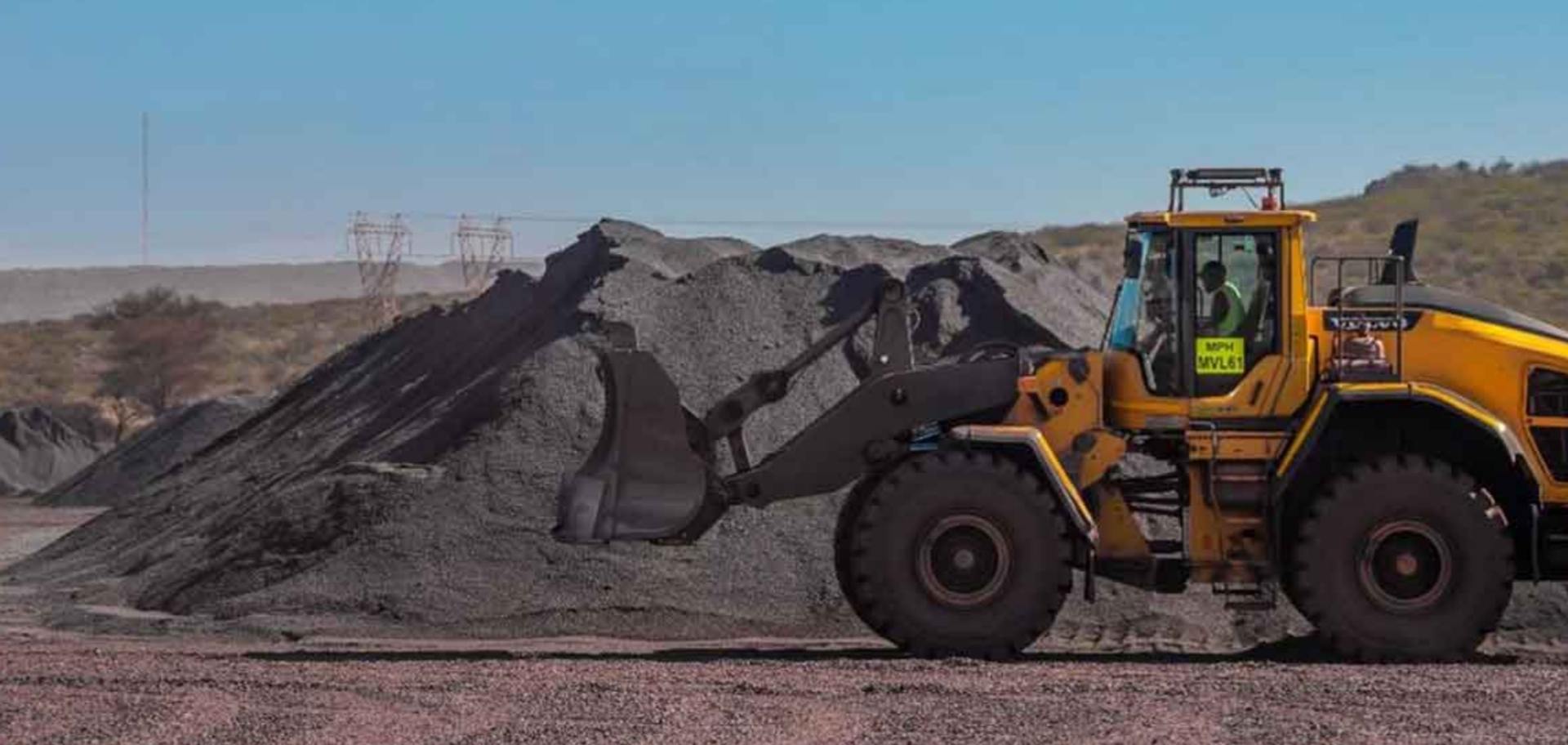Mining businesses are usually cyclical beasts that are great in the good times and horrible in the bad times. Afrimat has managed to transcend this issue, building a business that smooths out its profits as much as possible. Of course, with underlying exposures like iron ore, there’s still a cyclical element to the group that is unavoidable.
Profit after tax achieved a compound annual growth rate (CAGR) of 22% from 2009 to 2021, an astonishing result given the South African economic context. This achievement is what Afrimat is best known for, achieved through intelligent acquisitions and solid underlying operational expertise.
Profit after tax decreased by 0.2% in 2022, which gives the impression of a poor result in the latest period. On a headline earnings per share (HEPS) basis though, earnings were up 22.9%. There’s clearly more digging required here, pun fully intended.
The biggest reason for the significant difference between HEPS growth and profit growth lies in the base year. In 2021, Afrimat recognised a R150 million bargain purchase gain (recognised when you acquire a business for a price below net identifiable assets) that is included in profits and stripped out in a HEPS calculation. An impairment of R13.3 million also negatively impacted profits in FY22, mainly linked to the attacks by armed groups in Mozambique and the subsequent write-off of operations there.
Moving back to the core financials, group revenue increased by 26.7% thanks to volume growth and favourable pricing in the iron ore market. Operating profit increased by 25.1% so there was a slight drop in margins.
Afrimat is still investing in its business, with the net debt : equity ratio increasing as a result of the acquisition of Coza Mining, the Glenover transaction (phosphate stockpiles, rare earths and a vermiculite mining right) and capital funding for the Nkomati and Jenkins mining assets. The Gravenhage manganese project is expected to contribute to the 2024 financial year.
In the Bulk Commodities segment, consisting of iron ore and anthracite operations, a solid performance saw operating profit increase by 11.6%, with this division contributing 74% to group operating profit. The Nkomati anthracite mine contributed positively to profits this year in a great turnaround story for the business.
The Industrial Minerals business achieved pre-pandemic volumes and grew operating profit by 70.2%. Through an acquisition in this segment, Afrimat has moved deeper into the agricultural lime market.
The Construction Materials segment also returned to pre-Covid volumes, driving an 83.5% increase in operating profit. This is thanks to a recovery in internal volumes and efficiencies rather than an increase in general construction activity.
Total dividends for the year of 186 cents per share were declared. The final dividend is 146 cents per share. At a closing share price of R56.10, the full year dividend yield is 3.3%. This gives you an indication that the market doesn’t value Afrimat as a typical cyclical play, where the dividend yield would normally be higher at this point in the cycle.
If you want to learn more about the business, you can listen to CEO Andries van Heerden’s appearance on Magic Markets, where he shared Afrimat’s story with us and talked about the importance of the portfolio of diversified operations. You could also watch his presentation and subsequent Q&A session on Unlock the Stock, as Afrimat was one of the companies that joined our inaugural session.
Afrimat’s share price is down 2.8% in 2022 and up nearly 20% in the past twelve months.
Disclaimer: I own shares in Afrimat.




